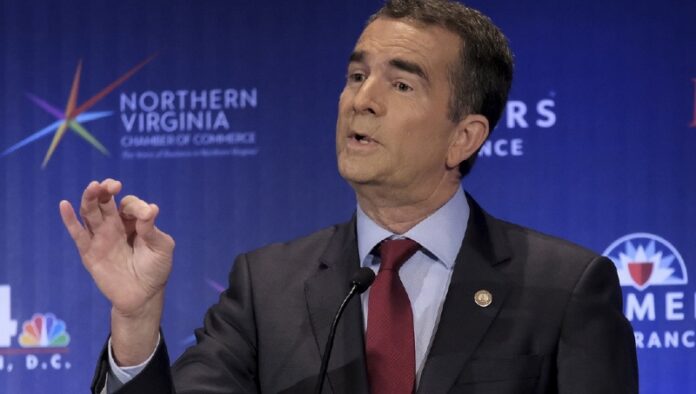
Contrary to what many believe, Democratic 11th District delegate Sam Rasoul estimates that 90 percent of the legislation that goes through the General Assembly does so on a bi-partisan basis, but it’s the other ten percent you hear more about. The 2018 session convenes on January 10 for the 60-day “long session,” which includes crafting the biennial budget. “In the press what hits the headlines are the big ticket things,” notes Rasoul, “and that can be pretty divisive.”
Regardless of whether or not it’s a 50-50 split or a 51-49 Republican edge after the Democrats made up ground in the November election, Rasoul said it could make both parties “dig in their heels more,” but he remains hopeful of working together on issues, since an even or near-even split might encourage more bipartisanship.
It “doesn’t make a lot of sense to a lot of folks” that Governor Terry McAuliffe got to introduce a budget in December that he won’t be around to sign off on, but that’s the way it goes in Virginia, said Rasoul.
Instead another Democrat – Ralph Northam – becomes the state’s Chief Executive this month. Rasoul said this will be “a tight budget season” in any case, with replenishing the rainy day fund and earmarking more dollars for education certainly part of the mix already. He characterized it as “a fiscally responsible budget, for sure.”
As for Northam, very different personality-wise from the more gregarious McAuliffe: “this will be the last thing he ever runs for,” said Rasoul, a nod perhaps to whispers that McAuliffe may consider a 2020 bid for the presidency. “He’ll have a different tone. [Northam] is a Virginia country boy that wants to build relationships.”
Rasoul said he’s heard good things about Northam from the GOP, who got to know him as the Lt. Governor and as a state senator before that.
Rasoul is a fierce critic of the Mountain Valley Pipeline, which would run through parts of the Roanoke Valley; “Let me be clear, this is the largest pipeline project in Virginia history, and they’re going to put it through the mountains here in Appalachia. There is no safe way of doing this without impacting our water.”
Rasoul is at odds with McAuliffe on this one; the soon to be former Governor supported the economic benefits of both the Mountain Valley and Atlantic Coast natural gas pipelines on numerous occasions. “This is the water fight of our generation,” said Rasoul, who does point out that the State Water Control Board has some control over these projects “and did not give a complete rubber stamp” approval.
Indeed in a few other states like New York, pipeline projects have been stopped over environmental concerns even after the federal agencies that can grant the approvals gave the initial go-ahead. “I think we need to fight this with everything we have,” added Rasoul, noting pending litigation regarding the MVP project, which he said will only produce a handful of permanent local jobs at best and mostly benefits a Pittsburgh-based company.
Rasoul will also work to overturn a 2015 law that reduced the scrutiny power providers like AEP must go through when they propose a rate hike. “It’s because of the corrupting influence of money in politics,” said Rasoul, who will introduce legislation to restore the approval process for rate hikes. “This is a bipartisan [issue].”
Gene Marrano

